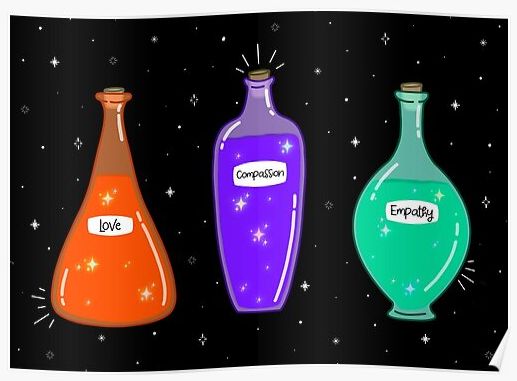Love Doesn’t Wait On Understanding
Love doesn’t have to understand its object fully.
Indeed, it never can.
As for love, so for empathy and compassion.
A human being, and all of her experiences, can never be fully understood.
No one even fully understands himself – let alone anyone else.
Parents do not fully understand their children – but they love them nonetheless – even unconditionally.
We make a huge mistake when we demand that others must understand us – and on our own terms – before we accept their compassion or allow ourselves to have compassion for them.
This demand …







